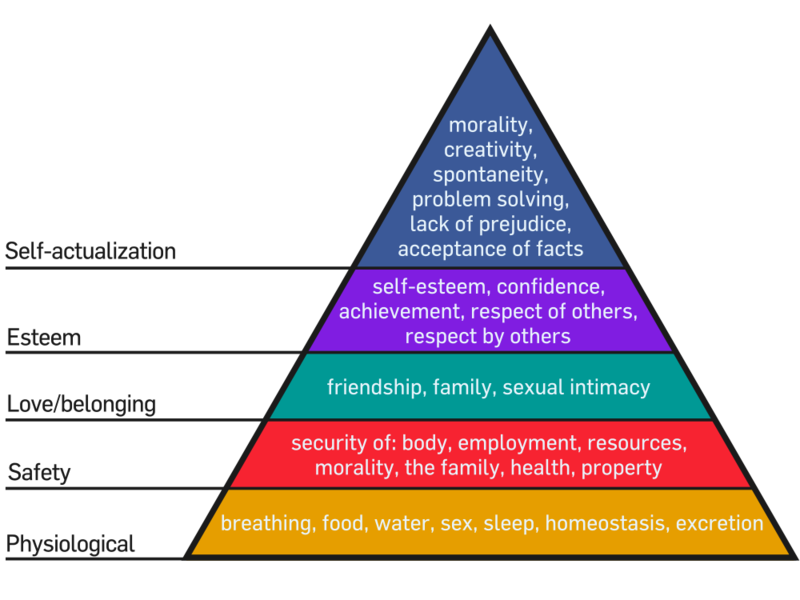A lot of “behavior change” problems are just health problems in disguise.
For most of my life, I had a hard time concentrating. Whenever I had to do some vaguely unpleasant in high school, I would figure out how to put it off. This led to many late-nights filled with cramming and last-minute work.
This pattern continued through college and into my adult life, which is when I made last-minute workin’ an art form.
I assumed that this was how I’d always be. It was in my DNA.
Then I discovered something kind of weird: I found out that I had major sleep issues.
Back in 2014, a consultation at an orthodontist led me to the Stanford Sleep Center, where I learned I had something called sleep apnea. This meant that I wasn’t getting enough oxygen while snoozing—because my throat was closing up multiple times per hour.
Instead of sleeping for 8 uninterrupted hours each night, I was sleeping for a few minutes at a time—briefly waking up every few minutes because I was choking, and then falling right asleep again.
I was prescribed a machine that shot air down my throat. Initially, it was uncomfortable, but I got used to quite quickly. And it changed my life.
My mood improved. My memory improved. I just felt like a new person.
Then, recently, I decided to get an operation to improve the problem further—and things have gotten even better. Mood. Memory. Concentration. It’s all improved.
And while I’m not a completely different person (being easily distractible is in my genes), I’m 100% better than I was before.
I feel happier. I feel less antsy. My ability to focus is stronger.
For the first time pretty much ever, I feel in control of myself.
We know from neuroimaging studies that sleep has a massive impact on a part of the brain called the prefrontal cortex—which sits right above the eyes. It’s in charge of something called “executive function”, the conscious control of our actions and thoughts.
So sleep deprived individuals are going to have a diminished ability to inhibit unwanted thoughts and control their focus of attention.
And plenty of other research shows how cognitive performance is powerfully impacted by sleep deprivation.
Good luck trying to deliberately start something new and challenging (like reading or exercising more often) with dramatically impaired executive and cognitive function.
This is just one example of how a health issue can negatively influence any attempt at behavior change.
Which is why it’s important to revisit the basics from time to time:
-
Am I eating well?
-
Am I sleeping enough?
-
When was the last time I got a check up (and bloodwork)?
-
Am I exercising (or at least walking) a few times a week?
Even Abraham Maslow, one of the wisest psychologists of the 20th century, put “physiological needs” at the base of his famous and oft-cited Hierarchy of Needs (pictured below):
So as you start the new year and are looking for things to focus and improve upon, don’t forget health. It might just be the thing holding you back from your loftiest goals.







